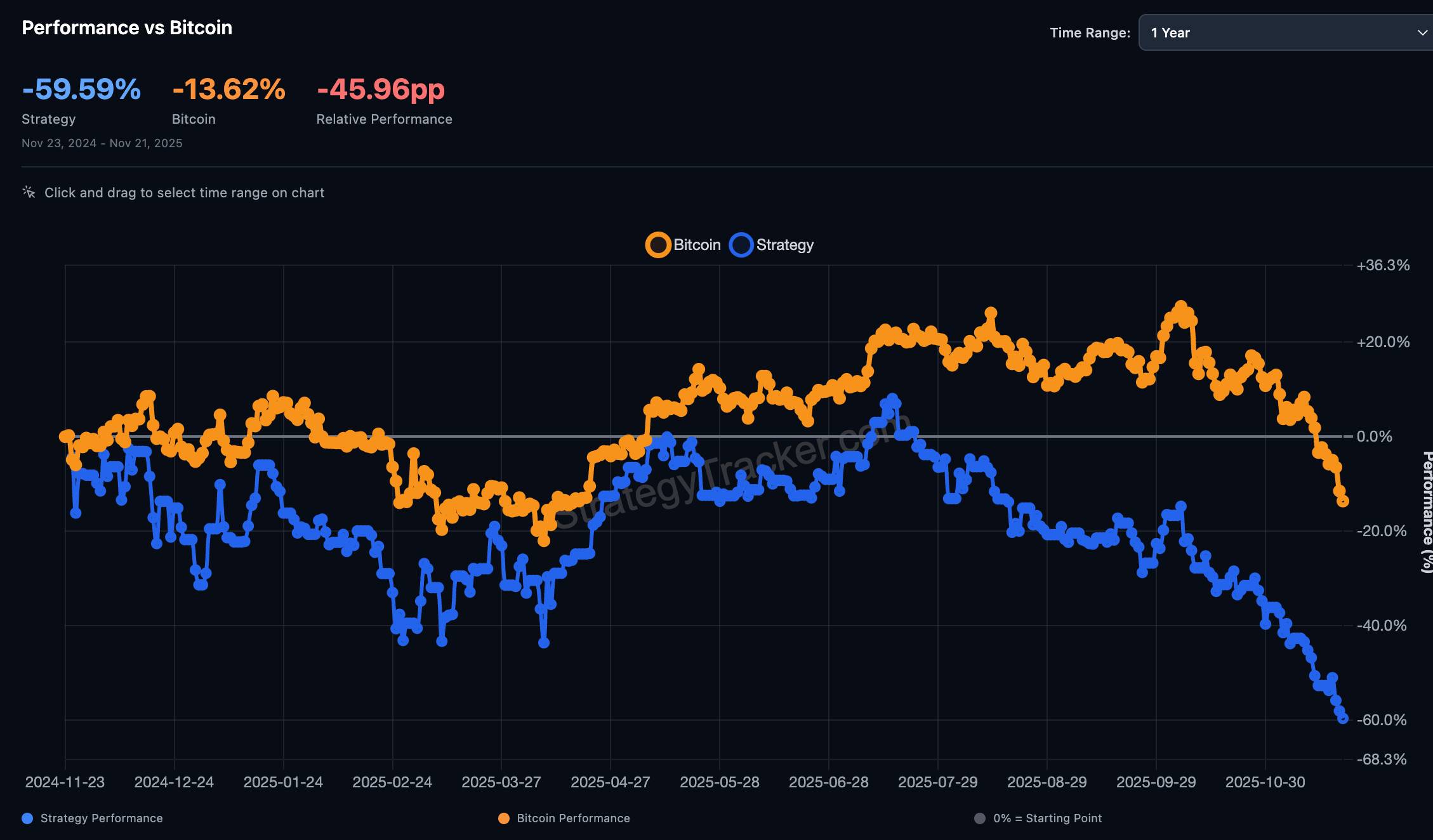Navigating Fear: Contrarian Opportunities in Crypto Markets Through Sentiment Analysis and Historical Patterns
- Cryptocurrency markets, driven by macroeconomic shifts and sentiment, offer contrarian opportunities during fear-driven downturns like the 2020 pandemic crash or 2022 Terra-Luna collapse. - Sentiment indicators such as the MVRV Z-Score and derivatives long/short ratios signal undervaluation when metrics hit extremes (e.g., Z-Score < -1.5σ) or normalize after bearish phases. - Historical rebounds (e.g., Bitcoin’s 150% recovery post-2022) highlight how institutional buying and regulatory clarity can cataly
The cryptocurrency market, characterized by its volatility and sensitivity to macroeconomic and sentiment-driven shocks, has long been a testing ground for contrarian investment strategies. Fear-driven downturns—triggered by regulatory crackdowns, systemic collapses (e.g., Terra-Luna), or global crises—often create mispricings that, when identified through rigorous analysis, can signal entry points for patient investors. Historical patterns and sentiment indicators, such as the MVRV Z-Score and derivatives long/short ratios, offer a framework to decode these opportunities.
Historical Downturns and Sentiment Patterns
Major crypto crashes have consistently revealed distinct sentiment dynamics. For instance, the March 2020 pandemic-induced crash saw Bitcoin plummet over 50% in a single day, driven by synchronized panic across global markets [3]. Similarly, the 2022 Terra-Luna collapse exposed vulnerabilities in algorithmic stablecoins, triggering a 90% drop in Luna’s value and a broader sell-off [6]. These events underscore how sentiment—whether driven by fear of contagion or regulatory uncertainty—can amplify price declines. However, they also highlight a recurring theme: markets often bottom when sentiment reaches extremes.
Sentiment Indicators as Contrarian Tools
The MVRV Z-Score, which normalizes Bitcoin’s market value against its realized value, has proven a reliable gauge of undervaluation. When this metric dips below -1.5σ, it indicates that a significant portion of on-chain holders are in negative equity, often signaling capitulation and a potential rebound. For example, in Q3 2025, the Z-Score fell to 1.43—a level historically associated with bull market bottoms [4]. This was accompanied by institutional accumulation in the 1–2 year holding cohort, which reached 23.23% of the supply, suggesting strategic buying during dips [4].
Derivatives markets also provide critical signals. The Bitcoin long/short ratio normalized from an extreme bearish 0.44 to 1.03 in August 2025, reflecting reduced short dominance and a shift toward balanced speculative positioning [1]. This normalization, coupled with a 211% surge in derivatives funding rates, mirrored patterns observed during the 2021 institutional adoption phase and the 2024 halving-driven bull run [1]. Such reversals often precede sustained recoveries, as short-covering activity fuels upward momentum.
Case Studies: From Panic to Recovery
The 2020 pandemic crash offers a textbook example. Bitcoin’s MVRV Z-Score hit -2.1 in March 2020, coinciding with a 30-day correlation of over 70% with the S&P 500 [2]. Yet, this period of fear-driven selling was followed by a parabolic rally, with Bitcoin reaching $64,000 by December 2020. Similarly, the 2022 bear market saw the Z-Score dip to -1.6, but institutional buying and regulatory clarity in 2023 catalyzed a 150% rebound by mid-2024 [5]. These cases illustrate how sentiment extremes, when combined with on-chain resilience, can create asymmetric opportunities.
Current Market Dynamics and Strategic Entry Points
As of Q3 2025, the interplay of macroeconomic and on-chain factors suggests a maturing market. Bitcoin’s correlation with tech stocks (+0.52) and its inverse relationship with the U.S. dollar (-0.29) highlight its dual role as both a risk-on asset and a macro-hedge [2]. Meanwhile, stabilized open interest and neutral funding rates indicate a derivatives market in equilibrium, reducing the risk of cascading liquidations [4].
For contrarian investors, the key lies in aligning sentiment indicators with broader economic cycles. The Federal Reserve’s projected rate cuts and regulatory tailwinds (e.g., XRP’s utility token ruling unlocking $1.2 billion in capital) create a favorable backdrop for risk assets [4]. However, volatility remains a challenge, necessitating diversified strategies that leverage sentiment signals while hedging against macroeconomic risks [3].
Conclusion
History demonstrates that fear-driven downturns in crypto markets are not terminal but cyclical. By analyzing sentiment indicators like the MVRV Z-Score and derivatives ratios, investors can identify undervaluation and position for recovery. The current landscape—marked by institutional adoption, regulatory clarity, and normalized speculative positioning—suggests that the next phase of Bitcoin’s cycle may offer compelling contrarian opportunities. As always, the key is to remain disciplined, data-driven, and attuned to the evolving interplay between sentiment and fundamentals.
Source:
[1] Bitcoin's Derivatives Sentiment Reversal: A Contrarian Buy Signal Emerging
[2] Bitcoin vs US Equities Correlation
[3] Decoupling and Contagion in Bitcoin Markets
[4] Bitcoin, Ethereum , and XRP at a Rare Buying Window
[5] Bitcoin Price Performance Since Halving
[6] Anatomy of a Run: The Terra Luna Crash
Disclaimer: The content of this article solely reflects the author's opinion and does not represent the platform in any capacity. This article is not intended to serve as a reference for making investment decisions.
You may also like
$8.8 billion outflow countdown: MSTR is becoming the abandoned child of global index funds
The final result will be revealed on January 15, 2026, and the market has already started to vote with its feet.

Deconstructing DAT: Beyond mNAV, How to Identify "Real vs. Fake HODLing"?
There is only one iron rule for investing in DAT: ignore premium bubbles and only invest in those with a genuine flywheel of continuously increasing "crypto per share."

Empowered by AI Avatars, How Does TwinX Create Immersive Interaction and a Value Closed Loop?
1. **Challenges in the Creator Economy**: Web2 content platforms suffer from issues such as opaque algorithms, non-transparent distribution, unclear commission rates, and high costs for fan migration, making it difficult for creators to control their own data and earnings. 2. **Integration of AI and Web3**: The development of AI technology, especially AI Avatar technology, combined with Web3's exploration of the creator economy, offers new solutions aimed at breaking the control of centralized platforms and reconstructing content production and value distribution. 3. **Positioning of the TwinX Platform**: TwinX is an AI-driven Web3 short video social platform that aims to reconstruct content, interaction, and value distribution through AI avatars, immersive interactions, and a decentralized value system, enabling creators to own their data and income. 4. **Core Features of TwinX**: These include AI avatar technology, which allows creators to generate a learnable, configurable, and sustainably operable "second persona", as well as a closed-loop commercialization pathway that integrates content creation, interaction, and monetization. 5. **Web3 Characteristics**: TwinX embodies the assetization and co-governance features of Web3. It utilizes blockchain to confirm and record interactive behaviors, turning user activities into traceable assets, and enables participants to engage in platform governance through tokens, thus integrating the creator economy with community governance.

Aster CEO explains in detail the vision of Aster privacy L1 chain, reshaping the decentralized trading experience
Aster is set to launch a privacy-focused Layer 1 (L1) public chain, along with detailed plans for token empowerment, global market expansion, and liquidity strategies.
